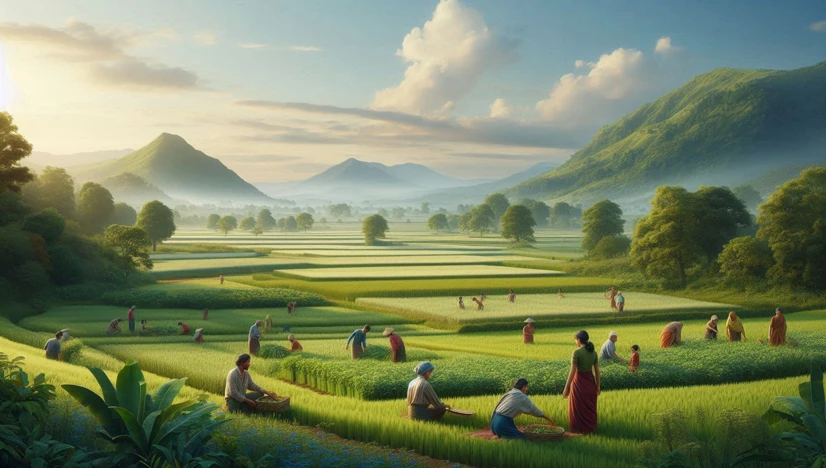Economics for the People
Aeon, 2022
This essay argues that our dominant economic narrative—rooted in private property, competition, growth for growth’s sake, and the assumption that self-interest drives progress—has led humanity and the planet into an existential crisis. The real “tragedy” is not as the over-use of the commons (as in absurdly argued in "The Tragedy of the Commons") but the privatization of what should standards of justice and logic be common rights: knowledge, nature, care, and social infrastructure. The essay calls for a systemic shift toward an economy grounded in mutual provision, ecological boundaries, fundamental rights (to work, to services, to dignity) and public purpose—not endless accumulation. This conclusion is explored as something both a moral and practical imperative: we must embed economics in society and nature, rather than treating them as externalities, and restructure our institutions so that flourishing, not mere output or profit, becomes the benchmark.
Comment from our editors:
This essay offers a compelling and hopeful vision for moving beyond capitalism, arguing that our current focus on private property and self-interest—what the author calls "the tragedy of the private"—is the real root of our biggest problems, from climate change to inequality. The piece skillfully weaves together history, economics, and philosophy to make a powerful case that human thriving has always depended on cooperation, not competition.
The essay's great strength is its ability to connect the dots between various crises and present a coherent, positive alternative focused on shared wellbeing and ecological balance. It successfully reframes our understanding of progress, suggesting we have moved from an age of scarcity to one of abundance, and our goals should shift accordingly.
While the argument is more visionary than practical—offering a clear "why" for change more than a detailed "how"—it serves as a brilliant and much-needed provocation. It encourages us to think bigger, challenging the narrow economic thinking that dominates our culture and inspiring a conversation about building a more generous and sustainable world for everyone.

